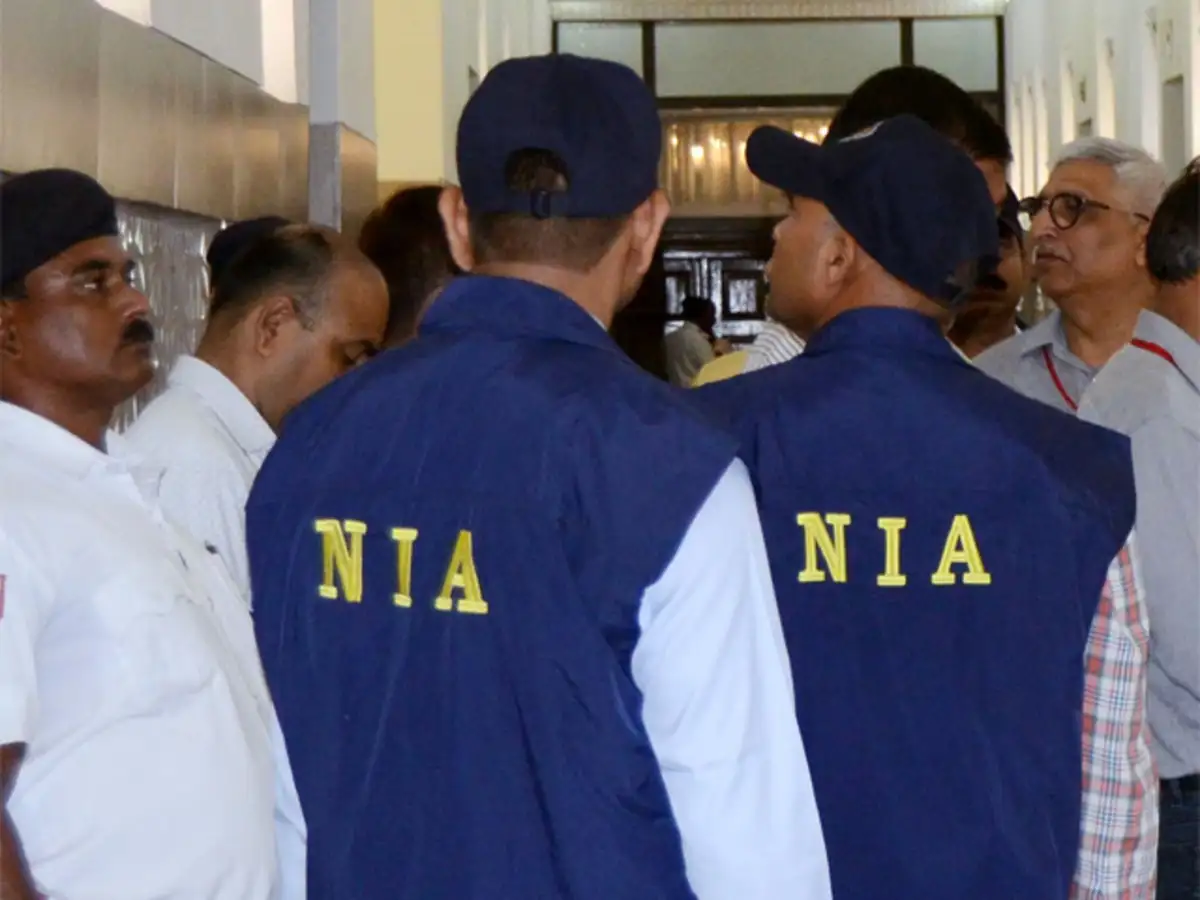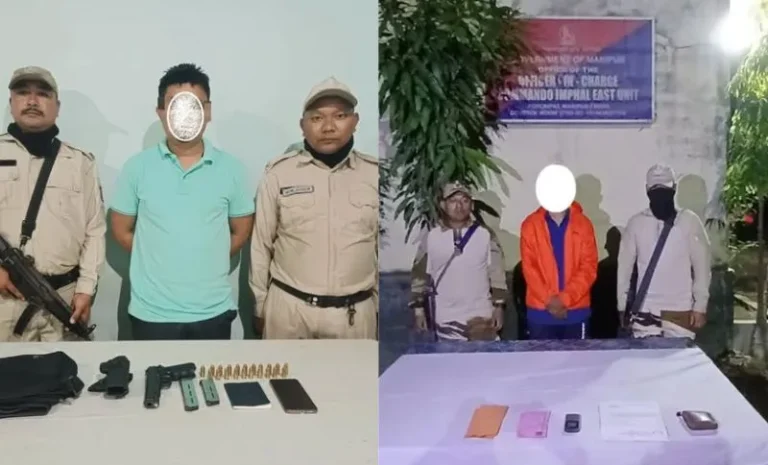Manipur High Court’s Final Countdown: NIA Given One Month to File Chargesheet in Jiribam Killings Case
News Summary
In a firm move to expedite justice, the Manipur High Court on July 29, 2025, granted the National Investigation Agency (NIA) a final one-month deadline to file its chargesheet in the gruesome Jiribam killings case. In November 2024, six Meitei community members—three women and three children—were abducted and brutally murdered, allegedly by Kuki-Hmar militants. Despite an FIR filed at the time, the NIA had yet to submit any formal chargesheet even after eight months, prompting the court’s stern warning that any further delay “will be viewed seriously”
In-Depth Article
Introduction: Why This Case Matters
Have you ever wondered why certain court orders grab headlines while others barely cause a ripple? The Manipur High Court’s ultimatum to the NIA over the Jiribam killings case is one such headline-maker. It’s not just about delayed paperwork; it’s about delivering justice for innocent lives lost, restoring faith in institutions, and sending a clear message: impunity won’t be tolerated. When a court clock starts ticking, everyone involved—from investigators to victims’ families—listens closely. In this article, we’ll unpack the background, the legal twists, the human stories, and the broader implications of this landmark order.
The Tragic Backstory
Imagine a peaceful community shattered by an act so brutal it leaves scars on an entire region. On November 11, 2024, in the border town of Jiribam, six members of the Meitei community—three women and three children—were abducted from their homes. Their bodies were later found in a nearby river, sparking horror and outrage across Manipur. The FIR named suspected Kuki-Hmar militants as the perpetrators, and public demand for rapid investigation grew louder each day
Court’s Growing Frustration
By July 2025, eight months after the FIR, the NIA had neither filed a chargesheet nor provided a substantive progress report. On July 8, a division bench—Chief Justice K. Somasekhar and Justice Ahanthem Bimol Singh—“pulled up” the NIA for its inactivity, warning that any further delay would be “viewed seriously” . When a top court publicly rebukes a premier agency, it signals alarm bells for everyone involved.
The One-Month Deadline
On July 29, the court went a step further, granting the NIA its “final” extension—30 days to file the chargesheet. The bench made it crystal clear: no more adjournments. If the deadline lapses, the court will consider escalating measures, which could include contempt proceedings or assigning the case to another agency. For the victims’ families, this deadline is their last hope for swift accountability
What Could Delay an Investigation?
You might ask, “Why did it take so long?” Investigating a complex terror case involves forensic analysis, cross-border intelligence sharing, witness protection, and legal vetting of every piece of evidence. Sometimes, delays stem from collecting electronic data, obtaining satellite imagery, or decrypting communications. But when eight months pass with no formal report, public confidence erodes—and courts lose patience.
Conclusion: A Ticking Clock for Justice
The Manipur High Court’s July 29 order is more than a legal technicality; it’s a clarion call for justice. By giving the NIA one month—no more, no less—the court has turned hopes into a hard deadline. Whether that deadline will yield closure for grieving families, or further delays that deepen mistrust, depends on the actions taken in the coming weeks. One thing’s for sure: in the battle against impunity, time is both an adversary and an ally.
Frequently Asked Questions (FAQs)
- What exactly is a chargesheet, and why is it important?
A chargesheet is the formal document filed by the investigating agency under Section 173 of the CrPC. It outlines the evidence collected, names the accused, and specifies the offences. Filing it kickstarts the trial process. - Who are the accused in the Jiribam killings case?
As of the July 29, 2025 hearing, the case pertains to suspected Kuki-Hmar militants, but specific individuals named in the NIA’s FIR have yet to face court. The chargesheet will formally list the accused. - What happens if the NIA misses the one-month deadline?
The Manipur High Court warned that continued delay “will be viewed seriously,” which could mean contempt proceedings against the NIA or transferring the case to another agency. - Can the victims’ families participate in the proceedings?
Yes. As “informants” of the FIR, the families can attend hearings, submit victim impact statements, and seek interim reliefs like compensation. - How does this case affect communal harmony in Manipur?
High-profile cases like this can inflame ethnic tensions if justice is delayed. Conversely, a swift, transparent trial can help restore trust and deter future violence.



